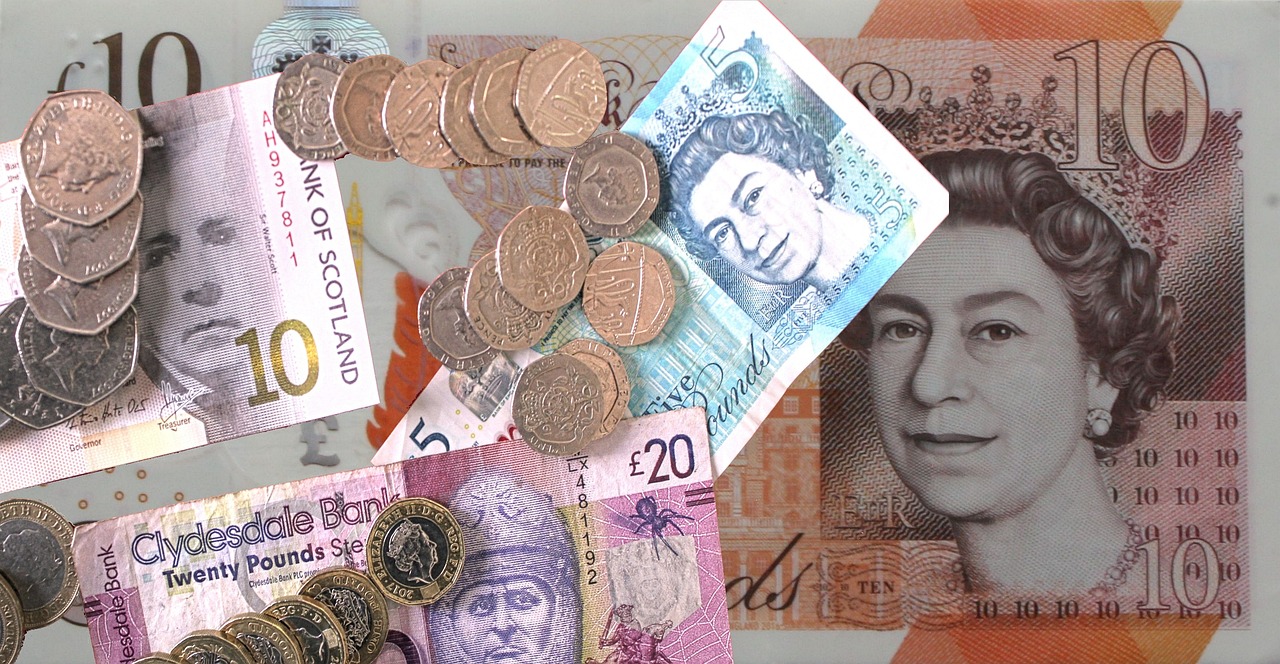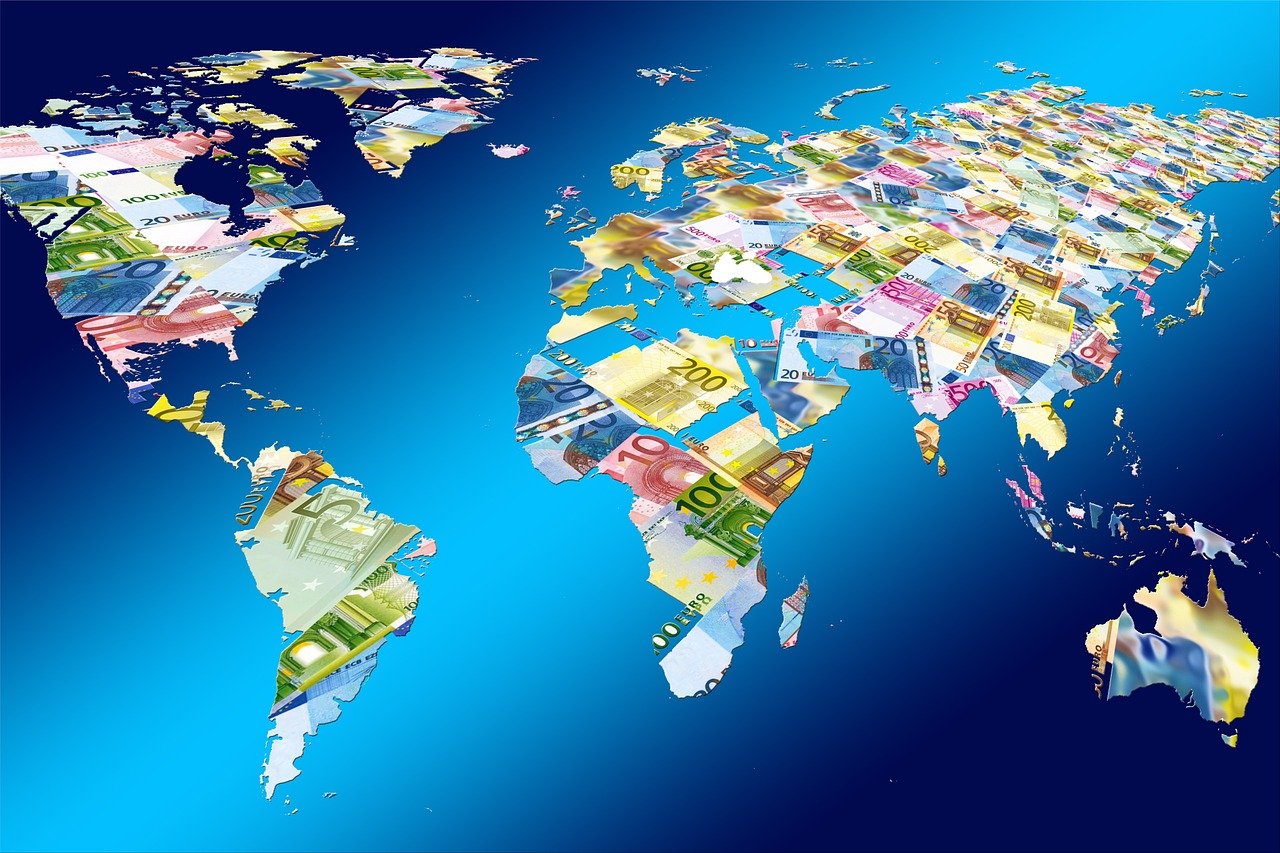USD to Thai Baht Exchange Rate: US Interest Rates, Conversion Tools, Government Impact, and Historical Trends
GPT_Global - 2025-11-02 19:30:57.0 71
What is the effect of US interest rates on the Thai Baht?
The Thai Baht’s value is closely influenced by global economic factors, including US interest rates. When the US Federal Reserve raises interest rates, it typically strengthens the US dollar as investors seek higher returns in US-based assets. This shift leads to a depreciation of other currencies, including the Thai Baht.
The impact on remittance businesses is significant. As the Baht weakens, it can lead to reduced value for Thai recipients of foreign remittances. People sending money to Thailand may find that their funds don’t stretch as far due to the currency fluctuations.
On the flip side, when US interest rates fall, the dollar weakens, and the Baht may appreciate. This can result in a more favorable exchange rate for Thai remittance recipients. In this scenario, the amount of money sent will have more value in Thailand, making remittance businesses more appealing to customers.
For remittance companies, staying on top of US interest rate changes is crucial for providing the best possible exchange rates and helping customers navigate the dynamic currency landscape. Understanding these fluctuations can enhance customer satisfaction and maintain business competitiveness.

What tools or apps can help me convert USD to Thai Baht easily?
When sending money abroad or converting currencies, finding reliable tools or apps for currency conversion is essential. If you're looking to convert USD to Thai Baht quickly and efficiently, there are several great options available.
One of the most popular tools is XE Currency Converter, which provides live exchange rates and allows users to convert currencies instantly. This app is widely used for its accuracy and ease of use. You can monitor fluctuations in exchange rates and even set up alerts.
Another option is Revolut, a financial app that offers low-cost currency exchange. With its multi-currency wallet feature, users can hold and convert multiple currencies, including USD to Thai Baht, with minimal fees.
For those who prefer a more traditional approach, PayPal also offers currency conversion services. Although the fees might be higher compared to other apps, it’s a reliable option for international transactions.
Finally, mobile banking apps from major banks can help you convert USD to Thai Baht easily. Many banks offer competitive exchange rates for international transfers or even offer special rates for frequent customers.
By using these tools and apps, converting USD to Thai Baht becomes an easy and convenient process, making international remittances seamless.
How can the Thai government impact the USD to Baht exchange rate?
Understanding how the Thai government can impact the USD to Baht exchange rate is essential for those involved in the remittance business. Currency exchange rates can fluctuate due to various factors, and government policies play a significant role in shaping these changes.
The Thai government, through the Bank of Thailand (BOT), has the ability to influence the Baht’s value by adjusting interest rates and implementing foreign exchange controls. For instance, if the government raises interest rates, it could strengthen the Baht as it makes Thai assets more attractive to foreign investors, potentially causing the USD to Baht exchange rate to shift.
Additionally, the Thai government can take direct action by using its foreign currency reserves to buy or sell the Baht. This intervention can stabilize or adjust the value of the Baht, which is important for remittance businesses that rely on predictable exchange rates to calculate transfer fees and ensure smooth transactions.
Overall, the Thai government’s monetary and fiscal policies significantly influence the USD to Baht exchange rate, making it crucial for businesses in the remittance industry to monitor these changes closely. Understanding these shifts can help optimize currency conversions and ensure competitive rates for customers.
How does political stability in the US influence the USD to Thai Baht exchange rate?
The political stability of a country plays a significant role in its currency value and exchange rates. In the case of the US Dollar (USD) to Thai Baht (THB), political stability in the United States directly impacts the exchange rate, affecting remittance businesses globally.
When the US experiences political stability, it boosts investor confidence, which in turn strengthens the USD. A strong USD results in a lower exchange rate for the Thai Baht, making it more advantageous for those sending money from the US to Thailand. Conversely, political instability in the US can cause market uncertainty, weakening the USD and causing fluctuations in the USD/THB exchange rate.
For remittance businesses, these shifts can significantly affect the cost of transferring money between the US and Thailand. Political stability creates a more predictable exchange rate, allowing remittance companies to offer better rates and services. On the other hand, political uncertainty can lead to higher transaction costs, making it more expensive for customers to send money.
Understanding how US political stability influences the USD to THB exchange rate is essential for both remittance companies and customers to navigate the fluctuating market and ensure cost-effective transfers.
Is it a good time to convert my USD into Thai Baht right now?
Converting USD into Thai Baht can be a smart decision depending on the current exchange rates and your financial goals. The value of the USD against the Thai Baht fluctuates, and keeping an eye on these shifts is essential for maximizing your funds when sending money abroad.
If you are planning a remittance transfer, it's crucial to understand that exchange rates can be affected by various factors such as economic conditions, interest rates, and global events. Currently, if the USD is strong compared to the Baht, you may get more value for your money. On the other hand, if the Baht is gaining strength, waiting for a more favorable exchange rate might be wise.
Using a remittance service that offers competitive rates is key. Many businesses in this field allow you to lock in favorable rates for future transfers, helping you avoid fluctuations. Timing your currency exchange well could help you save more money, making your transfers more efficient.
Ultimately, the best time to convert your USD to Thai Baht depends on market trends. Always stay informed about currency movements and choose a reliable remittance provider to ensure your transfer process is smooth and cost-effective.
What is the lowest value of the Thai Baht compared to the USD in recent history?
In recent years, the Thai Baht has experienced fluctuating exchange rates compared to the US Dollar, with its lowest value in recent history occurring around 2023. During this period, the Baht saw a significant decline, dropping to around 37 Baht per USD. This marked one of the weakest points for the Thai currency in over a decade.
This depreciation of the Baht has impacted remittance businesses, particularly those sending money to Thailand. For businesses facilitating cross-border money transfers, the low value of the Baht presents both opportunities and challenges. On one hand, recipients in Thailand receive more for their money, which can improve the value of remittances. On the other hand, businesses must manage exchange rate risks and provide competitive rates to maintain customer loyalty.
For remittance services, understanding these fluctuations and adjusting strategies accordingly is crucial. Sending money to Thailand during times of a weaker Baht could potentially offer increased value to recipients, making it an attractive option for families and businesses alike. Keeping track of currency trends and offering real-time updates will help ensure that both senders and recipients maximize their financial outcomes.
How much would 100 USD convert into Thai Baht today?
When sending money abroad, it’s important to know how much your currency will convert into. If you’re planning to convert 100 USD to Thai Baht today, understanding the current exchange rate can help you make the most out of your transfer. Exchange rates fluctuate constantly, so it’s always a good idea to check the latest figures before making a transaction.
As of today, 1 US Dollar (USD) is equivalent to approximately 35 Thai Baht (THB). Therefore, 100 USD would convert into about 3,500 THB. However, keep in mind that the exact conversion rate may vary depending on the remittance service you use, as they may charge a small fee or offer a slightly different rate.
For individuals sending money to family or friends in Thailand, choosing a reliable remittance service that offers competitive rates and low fees can help you save on your transfer. Be sure to compare exchange rates, fees, and transfer speeds to ensure you get the best deal for your remittance needs.
About Panda Remit
Panda Remit is committed to providing global users with more convenient, safe, reliable, and affordable online cross-border remittance services。
International remittance services from more than 30 countries/regions around the world are now available: including Japan, Hong Kong, Europe, the United States, Australia, and other markets, and are recognized and trusted by millions of users around the world.
Visit Panda Remit Official Website or Download PandaRemit App, to learn more about remittance info.



